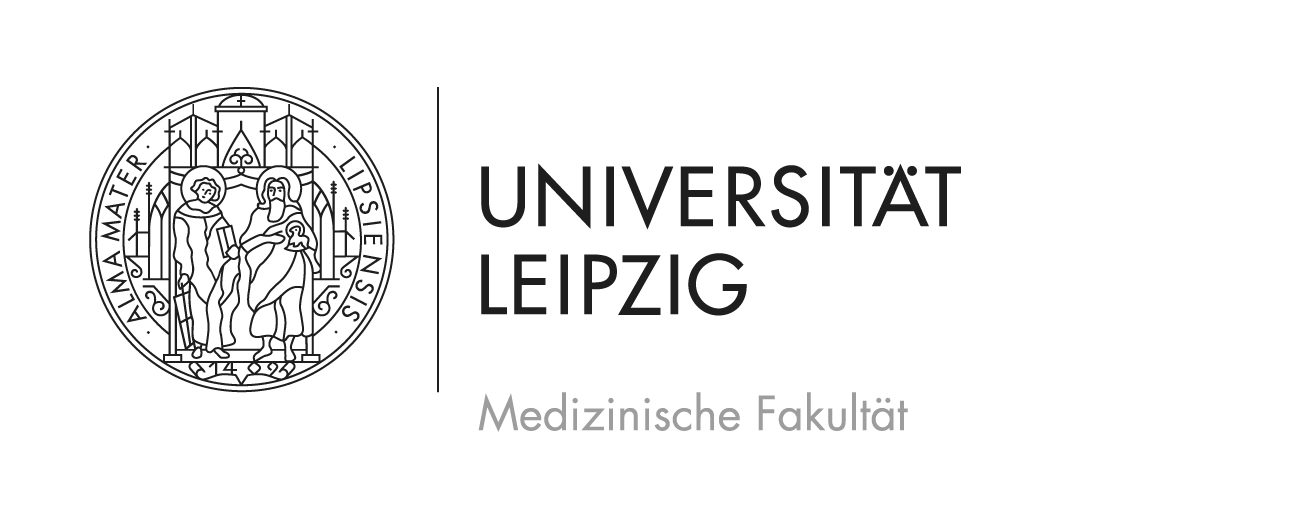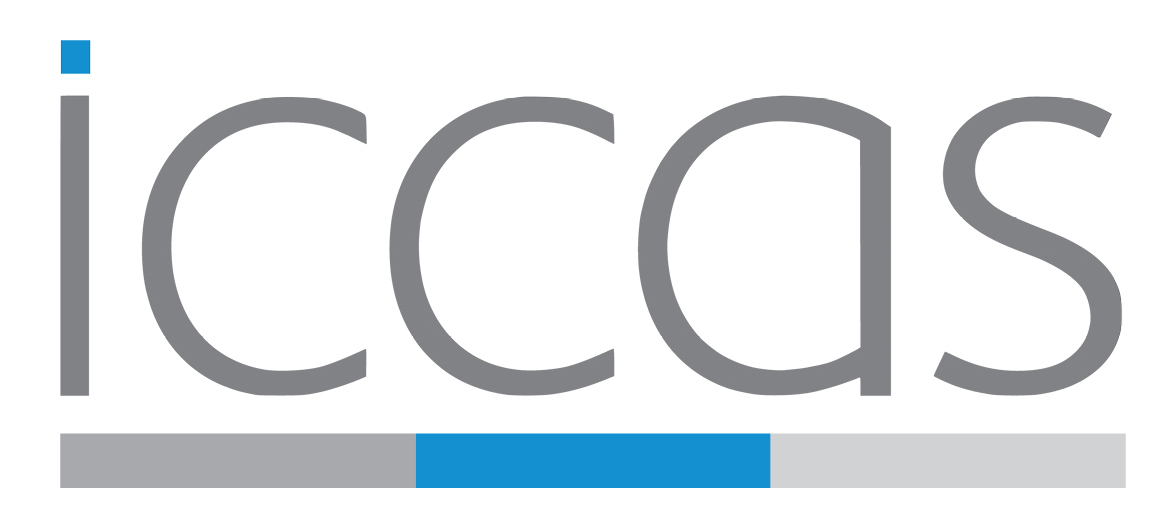

17.10.2024
Module Computer Assisted Surgery (CAS) [Uni Leipzig]
The aim of the lecture is to convey a basic methodological understanding of the structure of medical planning and simulation systems. First, technical and structural basics necessary for the treatment of medical simulation systems are explained (imaging, medical image processing, system conception). Subsequently, common procedures and methods of modeling, planning and simulation in the medical environment are presented in detail using specific systems. Different classes and characteristics of systems are presented and analyzed.
The lecture also provides an insight into the functionality of medical technology systems for computer-assisted surgery. The use of navigation, mechatronics, robotics and telemanipulation is based on medical image data. The integration of the image data into these systems, the integration of the devices into the sterile environment in the operating room and the communication and networking of the devices with each other are major challenges. In addition to the basic techniques, prototypical systems and many application-oriented examples are shown in the lecture.
Studium generale module: Engineering technology for the medicine of the future (Ing4Med) [HTWK]
In a time of rapid technological developments, we are faced with the challenge of redefining the boundaries between medicine and technology. The Studium Generale “Engineering Technology for the Medicine of the Future” approaches this topic from a reflective perspective and builds a bridge for exchange between research and teaching.
The Studium Generale events offer an insight into new technologies that will profoundly change the future of medical care: Soft and continuum robotics are opening new doors for surgery by enabling more precise and less invasive procedures. Hyperspectral imaging promises to take diagnostics to a new level by providing detailed information about the condition of organs that cannot be captured using conventional methods. The operating room of the future will be revolutionized not only by advanced robotics, but also by connected and AI-powered technologies.
During the event series, participants will learn about these and other technologies and have the opportunity to apply them in laboratory environments. This hands-on approach will help to illustrate different areas of engineering technology and their importance for the medicine of the future.